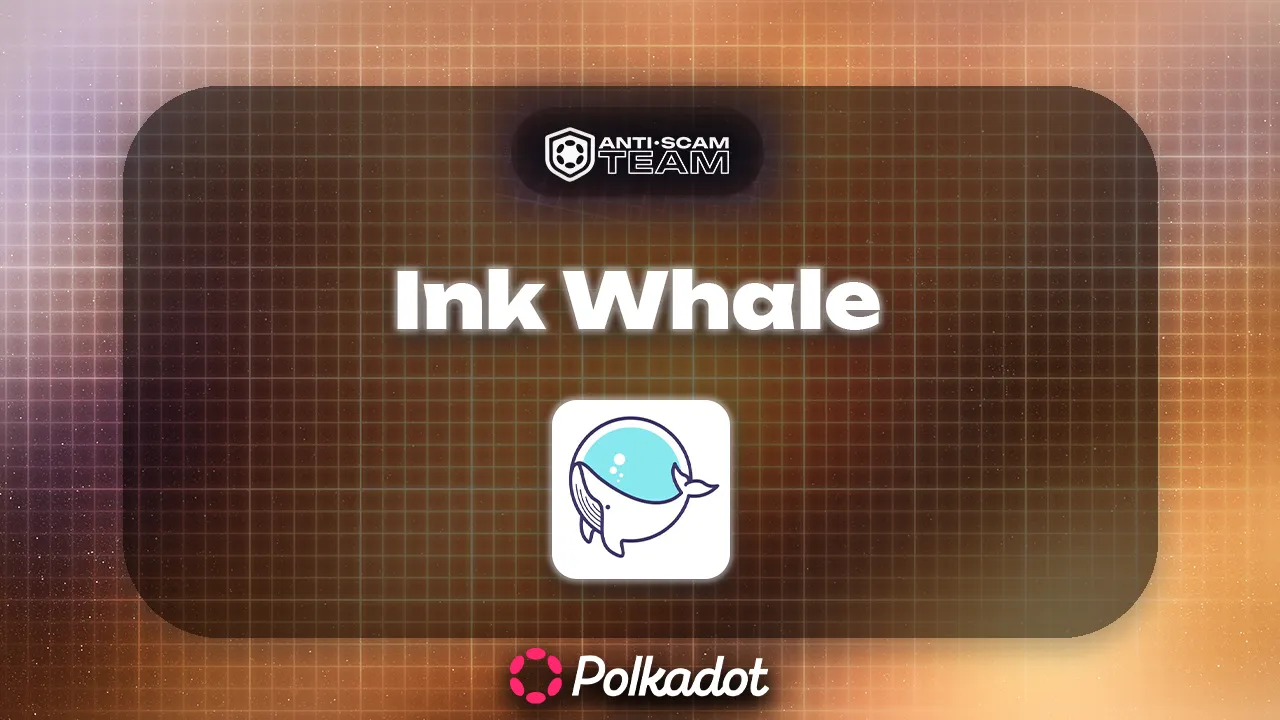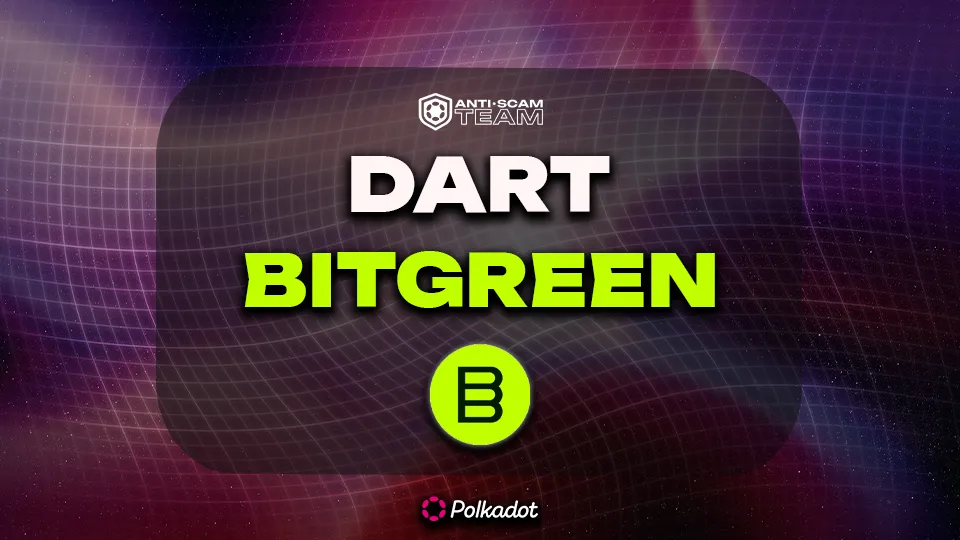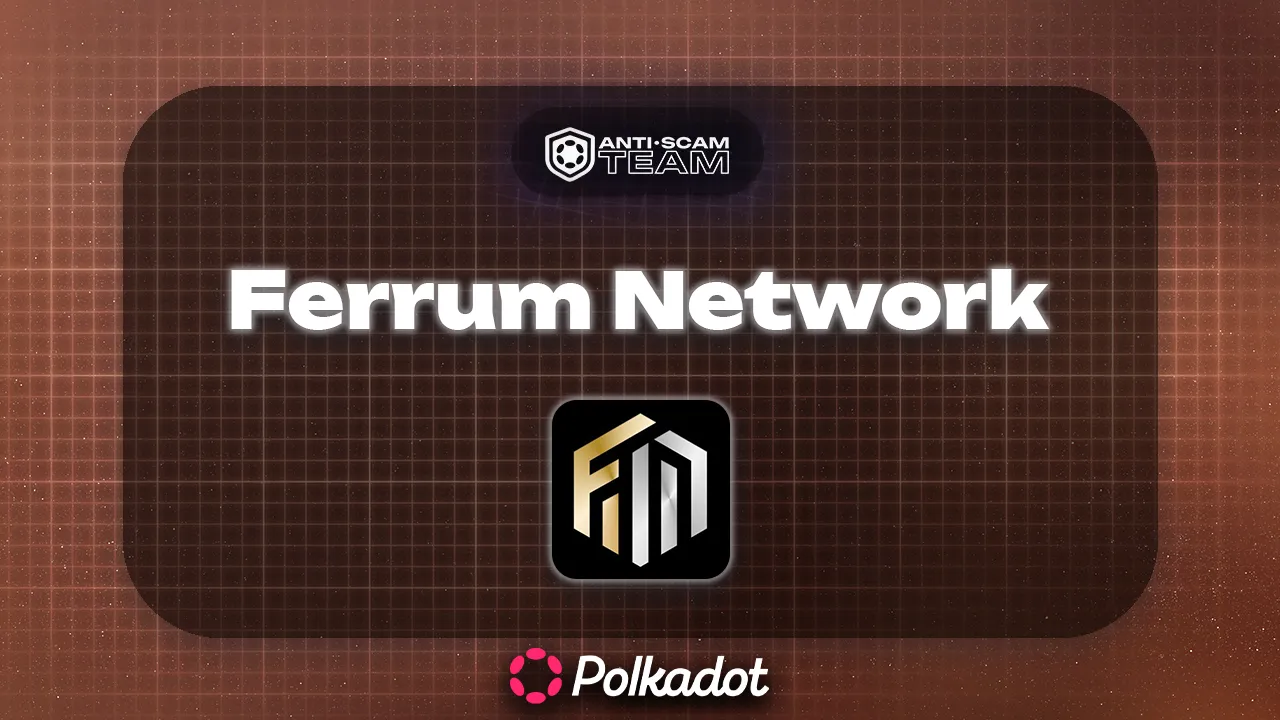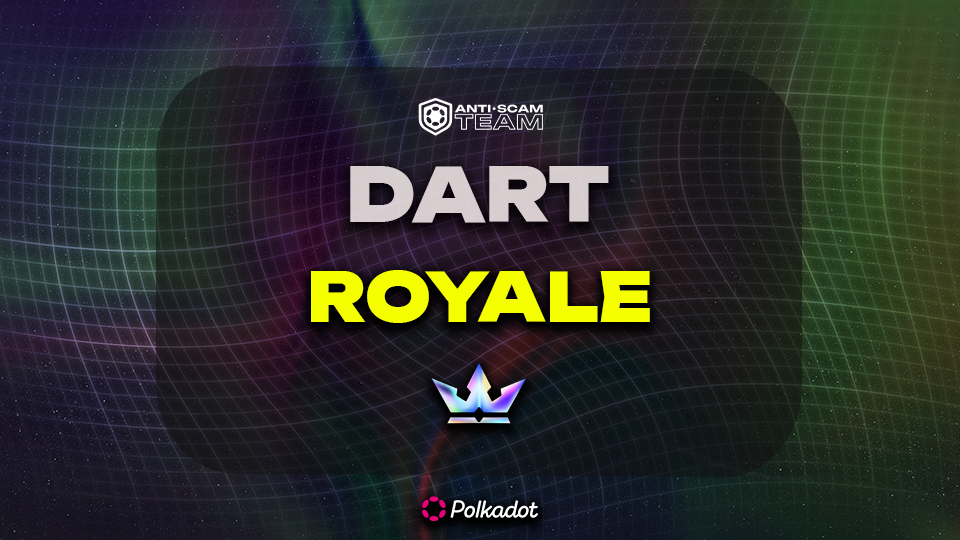InkWhale is a DeFi platform focused on decentralized trading, liquidity provision, yield farming, and token swaps. Built on the Aleph Zero and Polkadot networks, it aims to empower users with control over their assets while participating in various DeFi opportunities. The project operates as a community-governed platform, emphasizing decentralization and user-driven governance. Its features target users looking for low-risk, fixed-interest returns and integrating with NFTs through the ArtZero marketplace.
Team Composition and Transparency
The team behind InkWhale remains largely anonymous, with no comprehensive list of members or advisors available on the official website. This lack of transparency makes it difficult to assess the team’s background, experience, or credibility, posing potential risks for investors and users. The project’s association with ArtZero is mentioned, but no specific team members are linked directly to InkWhale, raising concerns about the overall credibility and transparency of the team.
GitHub and Code Quality
InkWhale is an open-source initiative with a public GitHub repository, currently hosting three repositories. The development appears to have stalled, with the latest commits being over a year old, suggesting minimal recent activity. The use of TypeScript and JavaScript indicates modern development practices, but the lack of ongoing contributions and public members raises questions about the project’s commitment to continuous development. Although InkWhale has undergone a smart contract audit by Brushfam, trusted by several major Web3 projects, the outdated codebase remains a concern.
Social Media and Community Engagement
InkWhale’s community presence varies across platforms. Its Telegram group, with over 1,200 members, exhibits low user engagement, possibly due to bot activity. In contrast, the project’s X (formerly Twitter) account has a stronger following of over 4,000, with active engagement and consistent responses from the team. However, the absence of active accounts on major platforms like Reddit and LinkedIn, coupled with a broken Discord link on the website, limits its ability to grow the community and manage potential risks, such as impersonation.
Business Model and Risk Factors
InkWhale’s business model offers fixed-interest returns through staking and yield farming, appealing to users seeking lower-risk investments. The integration with NFTs and the $INW token’s deflationary mechanics add unique elements to the platform. Plans for future expansion include additional networks and features like a launchpad and order book DEX. Despite these strengths, the sustainability of the fixed-interest model could be affected by liquidity constraints and ecosystem health. Execution of the roadmap will be critical for long-term success.
Conclusion and Rating
InkWhale has a promising business model with innovative DeFi features and growth ambitions. However, significant concerns regarding team transparency, GitHub activity, and social media gaps impact its overall credibility. As a result, the project receives a rating of two out of five stars. Investors should closely monitor the project’s development and look for improvements in transparency, development consistency, and community engagement before committing.




